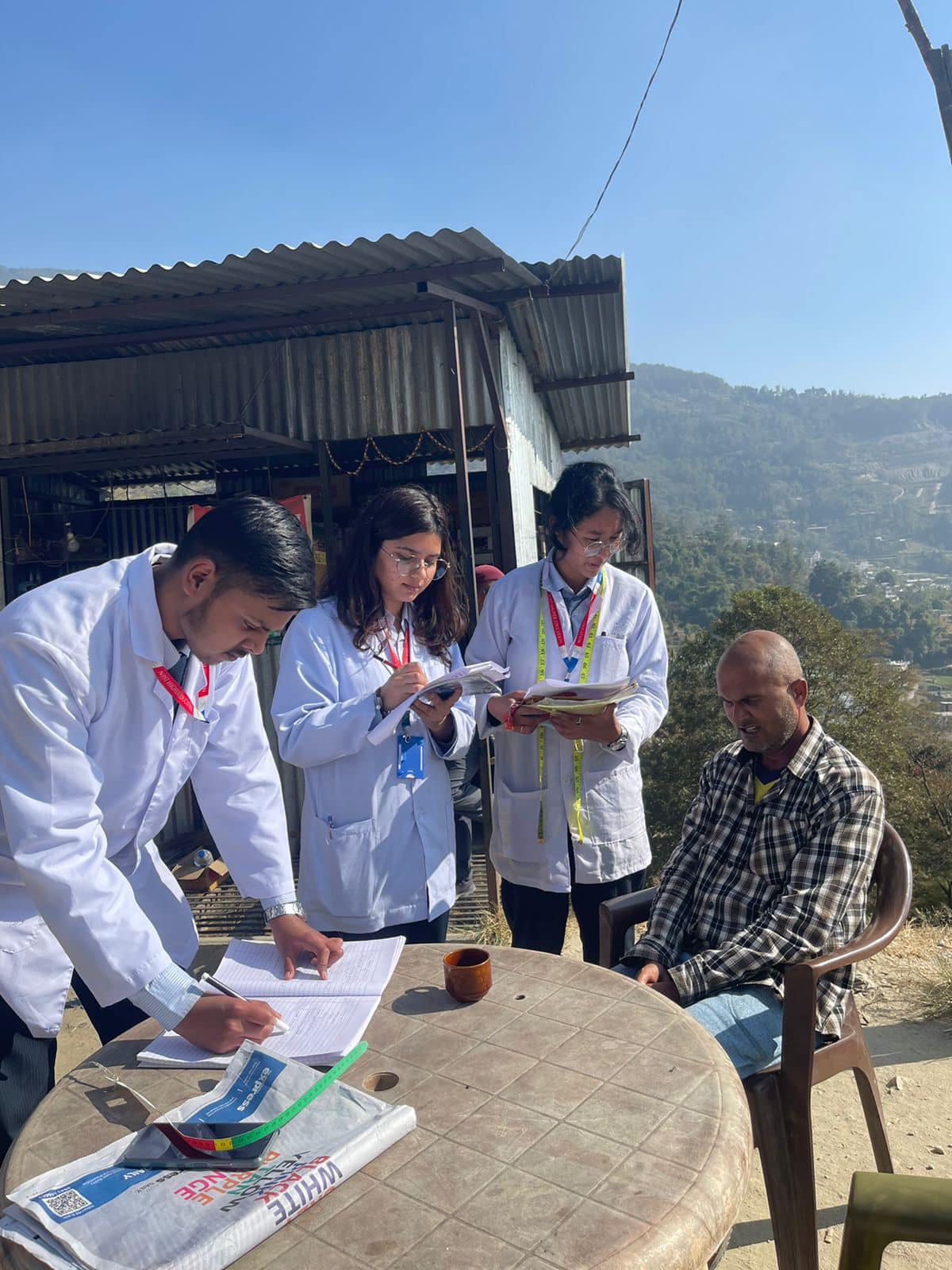B.Tech.(Food)
A Place for Growth

About B.Tech(Food)
Food science encompasses the entire journey of food, from raw material selection to end-user consumption and analysis. It covers areas like raw materials, composition, production, preservation, safety, packaging, and sensory evaluation. This field also includes related areas such as food microbiology, chemistry, and food physics.
Food technology is the practical application of food science in developing and producing food. It involves selecting, preserving, processing, packaging, distributing, and ensuring the safety and nutrition of food. The field is gaining popularity worldwide, including in Nepal, due to its relevance in today's health-conscious society. NCFST offers quality education in Food Technology through experienced faculty, focusing on practical learning. Join us for a unique educational experience in this flourishing field.
About NCFST
Established in the year 2007, under the umbrella of National Institute of Science and Technology (NIST). National College of Food Science and Technology (NCFST) offers the most comprehensive range of high-quality food technology program in the country. With its faculty member comprising of renowned food scientists, professors and professionals of the country, the college is the best place for those who are craving a career in an industry that is continuously expanding, developing new products, and adapting new technologies and new ways to do better.
Objective
To be eligible for admission to the Bachelor of Technology in Food Technology program at Tribhuvan University and
Its constituent campuses, applicants must meet the following requirements:
• Completion of 12 years (10+2) of formal education with a minimum of second division. The applicant should have successfully finished higher secondary education or an equivalent recognized by Tribhuvan University.
• Applicants who have completed a certificate level program in food technology or laboratory technology from
Tribhuvan University or a TU-recognized institute are also eligible to apply.
• All applicants must take the entrance examination conducted by the Institute of Science and Technology (IOST),
Tribhuvan University. A passing score in the entrance exam is mandatory.
• The university will release a merit list based on entrance exam performance. Those on the merit list can seek admission to Tribhuvan University, its constituent campuses, and affiliated private colleges according to their
ranking.
Scopes
The food industry offers fast-paced, diverse employment opportunities. Skill shortages mean graduates are frequently offered positions before graduation. Opportunities include:
Quality Assurance Manager
Production Manager
Laboratory Supervisor
Food Packaging Manager
Research Associate in premier institutes, universities and research and development units
Food packaging technologist and food preservation managers in various food packaging industries
Opportunities in various posts in government services (Department of Food Technology and Quality
Control, Food Management and Trading Company, etc.)
A very appropriate career option for aspiring entrepreneur even with very low investment
Scope Abroad
Product development manager in a food research company
Research work as a scientist abroad to formulate new product range
A sensory scientist to monitor organic properties like aroma, flavor and more.
Monitor or quality controller of food products in their contamination and adulteration
prevention units.
Major Activities in NCFST
International internship opportunities
Excellent performance in co-curricular & extra activities in national and international competition
Group project work for product design and development
Nutritional survey
Practical courses conducted in mini-industrial scale food pilot plant
Resource exchange with industrial institutions
Social activities
Class Hours
Product Design
Theory: One theory paper of 100 marks will have 4 lectures per week. A lecture class has a duration of 50 min. Practical: One practical paper of 25 marks will have 4 hours of practical per week. Attendance: 70 percent attendance in the class is compulsory.
Exam
Exams
A 100-marks paper is divided into a theory paper of 75 marks and a practical paper of 25 marks. Students will appear in three hours examination for a theory paper of 75. The student will have to pass separately in theory and practical examinations.